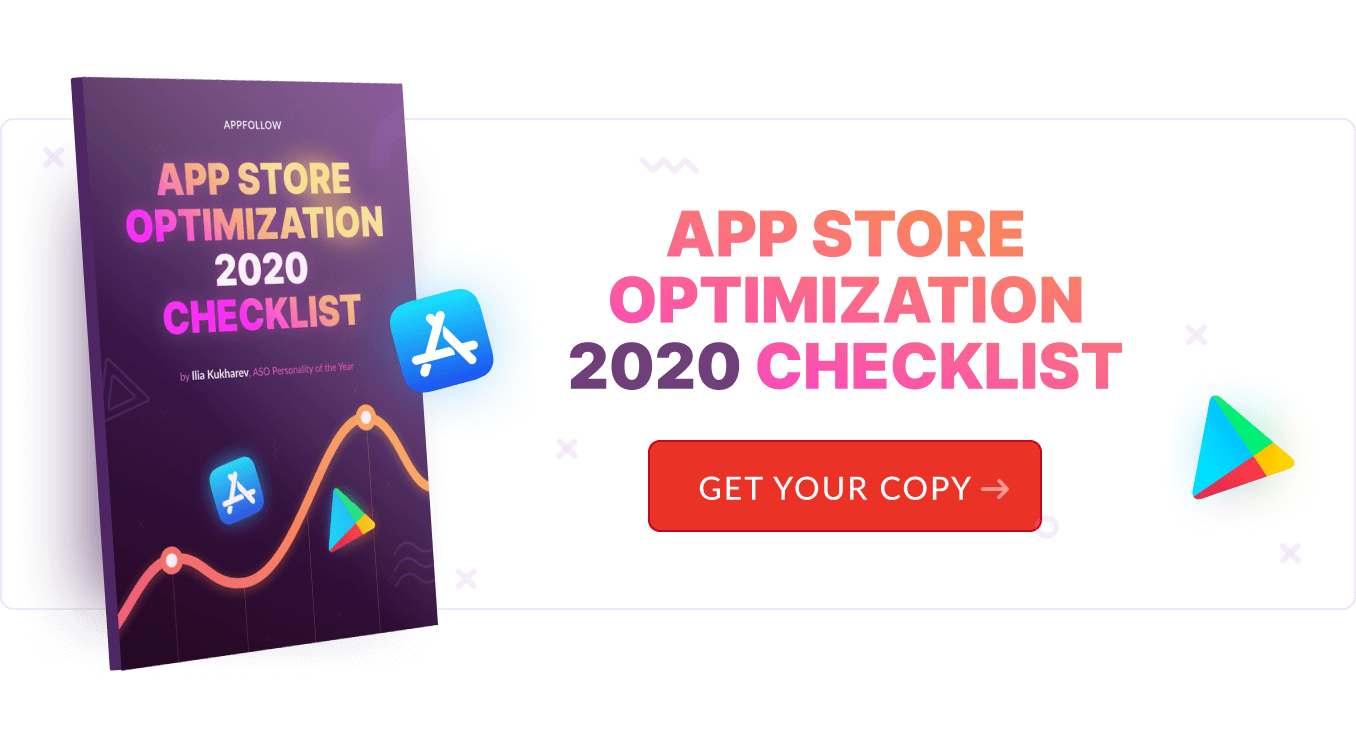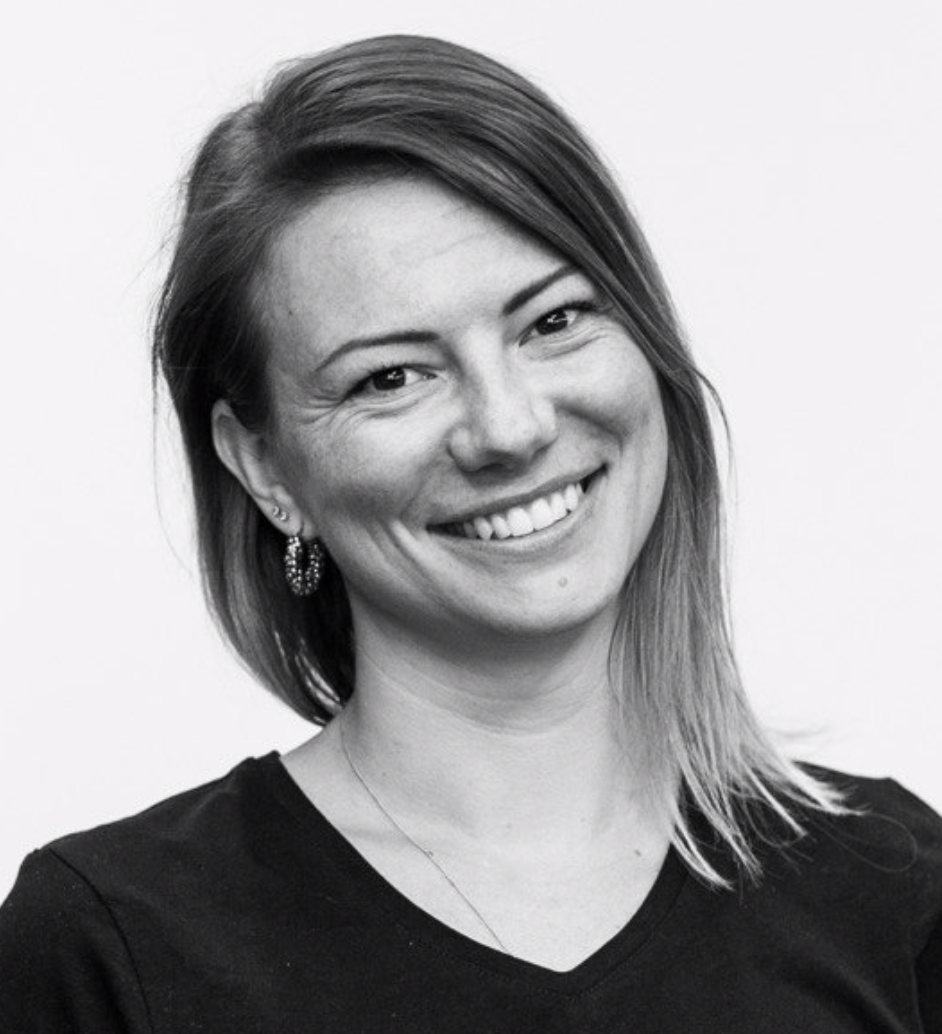Mobile Game Marketing: Interview with David Cremades

From The Bench is a leader in the development of sports games for iOS and Android. The company has official licenses for mobile game management of the NBA, the NFL, and more than 50 football clubs, including Real Madrid, Juventus, Chelsea, Liverpool.
At the Mobile Online Conference AppFollow organized in October 2019 I was lucky enough to talk with David Cremades, the CMO at From The Bench Games, about mobile game marketing, best user acquisition channels, and ASO experiments.
— Hi David, tell us a bit about yourself. How did you end up at From The Bench?
I studied IT. It’s not a common thing among the CMOs, but I think it’s a good thing to better understand both the developers and the marketing. In the mobile space most of the marketing is performance marketing, so in the end it has a lot to do with numbers.
I have been the CMO at From The Bench for five years. I am one of the founders of the company, but my first role here was as an account manager. I did some business development and worked with football clubs. We are now working with the NFL. We have worked with the NBA. We are also trying to open up the business to some new sports. We will be releasing a cricket game soon. We are dealing with the Australian Football League as well. So, there’s a lot to come. Our DNA is sports, and all that we do is related to sports.
— How is your team organized? Who do you have there and what are they responsible for?
We are made up of 30 people, and there are five in my marketing team, including myself. We have one person taking care of ad monetization. We have really been focused on improving this part of the business for around two years. For many companies only 2% or less of the players actually pay. We thought that we needed to find a way of monetizing the rest of the players and we are really focused on this part, trying a lot of different strategies.
We have a person for User Acquisition. One person for App Store Optimization and Live-ops. Live-ops is also quite important. Bear in mind that all of our games are showing events linked to reality. The players within the game get value for their real-life performance. In the end, it means that the games have to be updated on a daily basis, and it takes a lot of time.
I take care of many things myself, including trying to have a good relationship with the App Stores and endeavoring to be featured in a lot of things.
— From The Bench has over 200,000 downloads in both app stores. How do you acquire users? Does a big name behind the gaming app help or not?
Indeed it was our marketing strategy when we founded the company in 2008. We didn’t have the money to invest in marketing then. So, we thought that having a brand like Real Madrid (they were our first partner) was going to mean having a lot of downloads, because of the brand.
We were right, and we started to have a lot of organic downloads. This is how we built the company. That’s why we work with more than 50 football clubs from around the world, the NFL, and the NBA. This is why we have all these downloads, and they are mainly organic. Maybe 80% of our downloads are organic. Organic doesn’t mean for free, because we’re paying for a license. It’s a different way of paying for users.
— Do these brands help you with promotion? Or is it solely your team that works to launch a gaming app and run the promotion?
It really depends on the brand and on the agreement that we signed with them. Obviously, it’s our goal to get some help from them. We try, when we are signing the agreement, to have some social media help from their side, but sometimes it’s not possible.
We have been working with the NBA for five years and they never did anything. It was not possible because their social media channels were managed by another company and it was completely different. For instance, with Real Madrid, they usually do a post twice a month, and yeah, it helps.
Before Facebook changed its algorithm, five or six years ago, it was really different, because with every post, we had thousands and thousands of downloads on a daily basis. After the algorithm changed, you could still get downloads but not as many as before.
— How did you accommodate that change? Do you still rely on Facebook in some way?
Yeah, at that moment, we understood that we had to do Facebook ads which we hadn’t done before. We had been getting downloads organically. So we had to learn how to do Facebook ads.
Afterwards, we started to work on App Store Optimization, and nowadays that is one of our main strategies. To be sure that if you look for the NFL our games will appear, the sooner, the better. This is how we are working now: Facebook ads, App Store Optimization, and content.
— You mentioned that the App Store Optimization is important for From The Bench Games. How do you approach it and how often do you run different ASO experiments?
We try to update the keywords once a month, but sometimes it is not possible because we have many games and many languages. One strategy that we use in our games is to localize the game in many languages. It takes a lot of time, but we have seen that it improves the performance in those countries.
As for the graphic assets, we change the app icon frequently in the first three or four weeks. We run a lot of experiments. After that, we only change the icon for special events such as the Super Bowl, but overall we try to maintain the same icon during the whole season, just with slight changes. Once we have decided on the icon, we start to experiment with screenshots, feature images, and that kind of stuff.
Another aspect is that our games are very seasonal, so when the NFL ends, users are less likely to play it, as they are not so engaged with the game. At that time, we try to focus our marketing activities, including App Store Optimization, on a different game, maybe football or basketball.

— How do you choose what languages to localize a game to?
For instance, if we work with the NBA, we try to do our research so we know which countries the NBA is trying to have a presence in. This is easy to do because they have a lot of documentation about it. If we ask them which countries they are making efforts to grow their audience in, those are the ones that we localize first. It depends on the sport, but we usually look for the presence.
— Tell us about a few marketing activities that you had high hopes for, but they didn’t work?
Okay. We had an initiative last year with VIP users that we thought would perform well, but it didn’t.
We tried to contact VIP users. Some of them had removed the app and the idea was to have them back in the game. We offered them a Real Madrid t-shirt, a physical prize, to try to keep them playing the game. It took us a lot of time, researching their data, getting in touch with them, organizing the delivery of the shirts.
Most of them didn’t return to the game. Yes they received the t-shirt, but they didn’t return. We spent time and money, and it was not successful, so we stopped the campaign.
— What works best for From The Bench in terms of user engagement and retention? I see that giving away free t-shirts didn’t work well, but do you have any other tips and tricks that would work?
I know that many gaming companies have the engagement team within the marketing team. We don’t do it like that. We have a BI team, and they usually work on that with the product manager. We are aware of what they are doing, but our main goal is to have new players in the games, and they take care of the engagement.
Obviously, we see the engagement of the players that we are driving to the games. But we’re not proposing things to improve engagement because it is not our concern within the company. In our case, the thing is that the game is linked to reality, and that's what makes the difference. For example, if the Super Bowl is next week, we’ll have a special tournament. That makes the users play the game more than ever.
— Do you work with user feedback? What is the approach from both the marketing and product points of view?
We read all the feedback from players, and we try to answer all of them. We use Zendesk for that. We take into account the comments that they leave. Sometimes it’s easy to implement, sometimes it’s not. Many times, for instance, players say that our game is not a simulator. We cannot do anything about it because our game is a module, so they are looking for a different game.
When players say something reasonable, we try to help, we try to improve the game in the way they are asking for. For instance, players that really love our games often propose new stats to add within the game and we do it, because it’s something simple and doable. It’s always good to receive such feedback.
— What do you love the most about working with so many mobile games and sport brands?
Working with clubs is something really, really cool, because it allows us to live very special moments. Just see how passionate our users are about these apps, because of the brand. This is really cool.
Working with so many gaming apps in a small company, it’s really stressful to be honest, because you have to be focused on different games at different moments. Anyway, you feel alive because you have so many things to do.
______
Watch the full video interview on our YouTube channel to find out From The Bench secrets to success:







